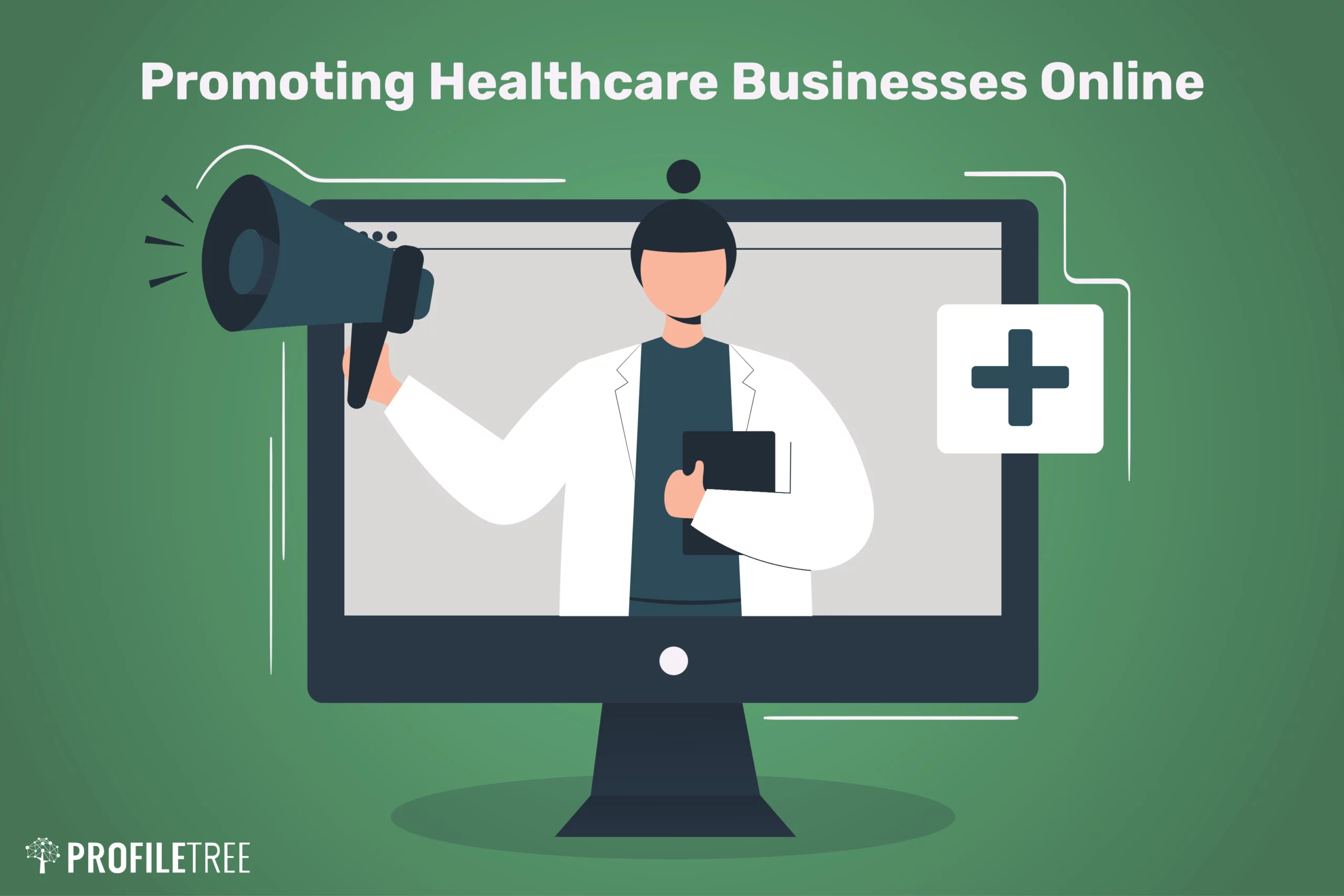Opening the Secrets of Subscription Based Healthcare for Better Patient Outcomes
Opening the Secrets of Subscription Based Healthcare for Better Patient Outcomes
Blog Article
The Increase of Subscription-Based Health Care and Its Effect On Person Treatment
As health care progresses, the subscription-based model is gaining grip, assuring to change patient care by supplying predictability and access. The possibility for these designs to reshape healthcare shipment increases pressing inquiries concerning their long-term sustainability and inclusivity. Are these membership solutions the future of medical care, or do they risk leaving vulnerable populations behind?
Understanding Membership Medical Care Versions
Comprehending the concept of subscription healthcare designs includes taking a look at a transformative approach to clinical services that emphasizes price and access. These designs, typically referred to as direct medical care (DPC) or attendant medicine, have become cutting-edge alternatives to typical fee-for-service medical care systems. Subscription medical care permits people to pay a fixed month-to-month or annual charge for a defined collection of clinical services, which might include unlimited office sees, regular examinations, and basic laboratory tests, without the demand for standard insurance invoicing.
The framework of subscription health care designs is designed to simplify patient care by getting rid of third-party payers and complex payment codes, thereby decreasing management worries. Health care service providers can concentrate much more on patient care, promoting stronger patient-provider partnerships. This design also promotes preventative care by urging normal brows through, as the financial obstacle of per-visit charges is removed.
The registration version frequently equips medical care carriers to handle smaller patient panels, enabling more customized care. It straightens economic motivations with patient health end results, as suppliers are inspired to keep person contentment and health. In general, recognizing registration healthcare versions needs identifying their potential to improve exactly how care is supplied and accessed.
Advantages for Companies and patients

With a steady earnings stream, health care specialists can devote more time to each individual, leading to a more tailored and detailed treatment experience. The emphasis on precautionary treatment within subscription strategies can lead to better person outcomes and reduced long-lasting medical care expenses.
Concerns and difficulties
While subscription-based healthcare models existing various benefits, they also come with a set of difficulties and worries that should be dealt with. This elevates moral inquiries about fair access to health care solutions.
Financial sustainability of subscription-based models is another problem. Providers should balance the fixed income from memberships with the variable expenses of medical care solutions, which might rise and fall because of unforeseen clinical requirements. This can create stress to restrict solutions or boost fees, possibly affecting client satisfaction and care high quality.
Moreover, governing oversight of subscription-based healthcare models is still progressing. The absence of standard frameworks can lead to inconsistent service quality and liability, making complex initiatives to ensure individual defense. Last but not least, the combination of modern technology-- usually a foundation of these models-- elevates inquiries concerning information privacy and safety, as delicate patient information might be vulnerable to violations. Resolving these difficulties is important for the effective and fair implementation of subscription-based health care.
Influence On Patient-Doctor Relationships
One significant effect of subscription-based health care designs on patient-doctor partnerships is the possibility for boosted connection and personalized treatment. By taking on a registration model, medical professionals can manage a smaller patient panel, enabling for more dedicated time with each person. This increased schedule promotes a much deeper understanding of a client's medical history, way of living, and choices, enabling a lot more tailored treatment plans and treatments.

However, it is crucial to identify that while subscription-based models may benefit those that can manage them, they could accidentally broaden health care differences. Individuals that are not able to take part in these designs might experience reduced accessibility to personalized treatment, potentially influencing their connections with doctor. Thus, while the registration version supplies encouraging advantages for patient-doctor relationships, it additionally positions obstacles that need to be resolved to ensure fair healthcare accessibility.
Future of Healthcare Access

The role of innovation can not be neglected in this transformation. Telemedicine systems and digital health records promote smooth communication in between people and doctor, click here for info damaging down look at more info geographical and logistical barriers. Furthermore, developments in artificial intelligence and information analytics can even more personalize healthcare by anticipating individual demands and enhancing treatment strategies.
Nevertheless, the future of medical care accessibility likewise provides challenges, such as ensuring equity across different socio-economic teams. Policymakers and health care service providers must work together to link the electronic divide, making sure that subscription-based designs remain inexpensive and inclusive. As these systems grow, they hold the assurance of making healthcare a lot more available, effective, and patient-centric.
Verdict
Subscription-based healthcare models are improving patient care by supplying a secure expense structure and boosting ease of access. The increase of subscription-based healthcare encourages aggressive person interaction, which has the potential to enhance client outcomes and fulfillment, indicating a transformative change in health care distribution.
As medical care progresses, the subscription-based design is acquiring traction, guaranteeing to change client treatment by offering predictability and access.Subscription-based medical care models offer distinctive advantages for both carriers and individuals, boosting the general healthcare experience.As medical care systems advance, the future Read Full Article of healthcare access often pivots on the assimilation of innovative versions and technologies.Subscription-based health care versions are reshaping client care by supplying a secure expense structure and boosting ease of access. The surge of subscription-based medical care motivates proactive patient involvement, which has the potential to boost person end results and fulfillment, signifying a transformative change in health care delivery.
Report this page